One of the most read and quoted Persian poets of the 13th century, Mevlâna Mohammad Jalal al-dîn Rumi, known as Rumi was a savant and mystic. Born in Balkh (1207-1273), he and his family moved to Konya, Turkey after the Mongol conquest. Soon after his settlement in Konya, mystics, and Sufi dervishes gathered around him to benefit from his spiritual and intellectual knowledge. The spiritual life was embedded in the daily material life of the dervishes. Their gatherings were accompanied by spiritual music and dancing. It is during this period he is called “ Mevlâna” – meaning “our master”. …
Blog Posts
“Hateful to me as the gates of Hades is that man who hides one thing in his heart and speaks another” wrote Homer in his timeless epic Iliad, which is considered as the invaluable pillar of ancient Greek literature. This outstanding masterpiece, presumed to be written around 700-800 BC, is set during the Trojan War, the ten year siege of Troy by the allied Greek kingdoms under the rule of Agamemnon. The myth begins with the beauty contest between Aphrodite, Athena and Hera. Aphrodite promises the jurist, Paris that should he elect her as the winner of the contest, then …
It is necessary, for the sake of the forward march of the human race, that there should be proud lessons of courage. The legendary French writer and poet Victor Hugo (1802-1885), in his eternal book Les Misérables, recites the nature of hesitation and indecision likening to a cat’s pause : Everyone has noticed the taste which cats have for pausing and lounging between the two leaves of a half-shut door. Who is there who has not said to a cat : ‘Do come in !’ There are men who, when an incident stands half-open before them, have the …
“How easy to become learned, how difficult to become truly human.” Ostad Elahi, thinker, judge, and remarkable musician of the 20th century, having spent his lifetime studying the essence and core principles of religions and the universal sayings of the wise and the sages, he conveys the quintessence of all religions : The religions differ only in their secondary aspects; otherwise, their fundamental objective and principles are the same. What is so particular about his thought is that he did not contend with the theoretical perspective of matters which he studied so meticulously. Instead, he experimented the …
“It is human misery and not pleasure which contains the secret of the divine wisdom. In general, we must not wish for the disappearance of any of our troubles, but grace to transform them. For men of courage, sufferings are often a test of endurance and of strength of soul. ” The French philosopher and social activist Simone Weil (1909-1943) described by many as a saint like personality and a genius endowed with intellectual powers, stands out to be a solid example of a life truly lived. She earned the highest degree in Philosophy and Logic from École Normale Supérieure …
Laughter is the closest distance between two people. –Victor Hugo “The sound of laughter is universal” state linguists and psychologists. Humans are born with the instinct of laughter. Having asked the question “what makes people laugh?”, the philosophers of ancient Greece said that one laughs at his own past self, as well as at the sense of superiority they felt over others in the face of adversities and unexpected situations. 2500 years after Plato, Nietzsche argued that laughter is simply a reaction to the existential loneliness and sense of death people feel. When triggered by joy and humor, Freud …
“Our eyes, our pupils, our hands, our gestures … it is our whole body that will be called upon to transmit our emotions when wearing a mask,” says neuropsychologist known with her research on vision and cognition, and psychology of perception. “Wearing a mask can prevent us from decoding what the facial features radiate,” she says and continues : To communicate, we need to process the information which is emitted in the triangle formed between the eyes and the mouth. This information we gather from the facial emotions allows us to understand the state and the intention of the person …
“God is very subtle, but he is not malicious.” –Einstein Nobel winning Professor of Physics Charles H. Townes (1915-2015) explains why he believes that science and religion may ultimately converge : Some consider science and religion as fundamentally different domains in their techniques and rendering a just direct confrontation between the two impossible. Others find refuge in one of the two fields and consider the other as contingent or even harmful. To me science and religion are both universal, and very similar. The goal of science is to discover the order in the universe and to understand through it, …
From Juliette Binoche to Robert De Niro more than 200 artists and scientists around the world sign a call to arms by saying “No to going back to normal” after Covid-19. Actress Juliette Binoche who pins it down in the French newspaper Le Monde, recites clearly and precisely that we, as individuals and societies, must act immediately to sustain a coherent and dignified life during and after the pandemic : The Covid-19 pandemic is a tragedy. This crisis is, however, inviting us to examine what is essential. And what we see is simple : « adjustments » are not enough. The problem is systemic. …
Once upon a time, a king had three daughters. The beauty of the youngest, Psyche, ψυχή was beyond description. The fame of her beauty was spread all around that people from other countries would come to see her, and were fascinated by what they saw. In her praise, they sang odes to her and surrendered her with chaplets. So much so that even the altars of Venus were abandoned. Offended by the growing exaltation of a young mortal, Venus exclaimed : ” She shall not seize my divine honors for I will give her cause to repent of …



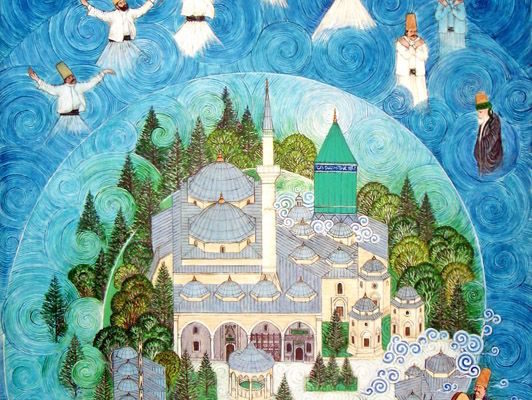
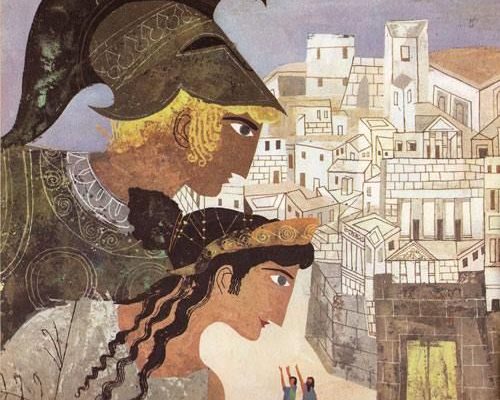


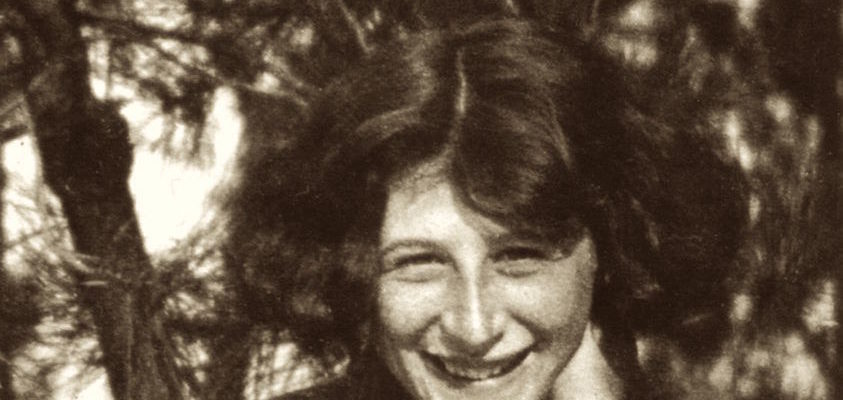


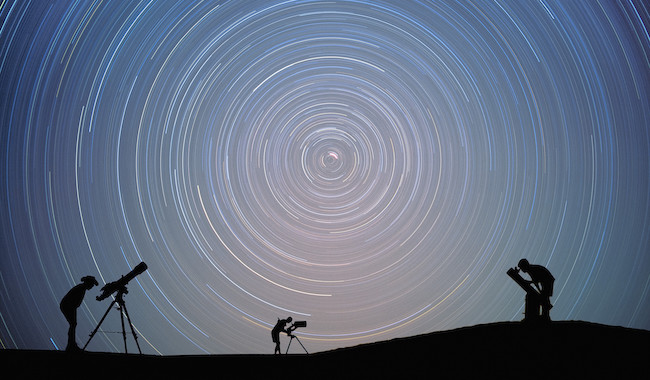

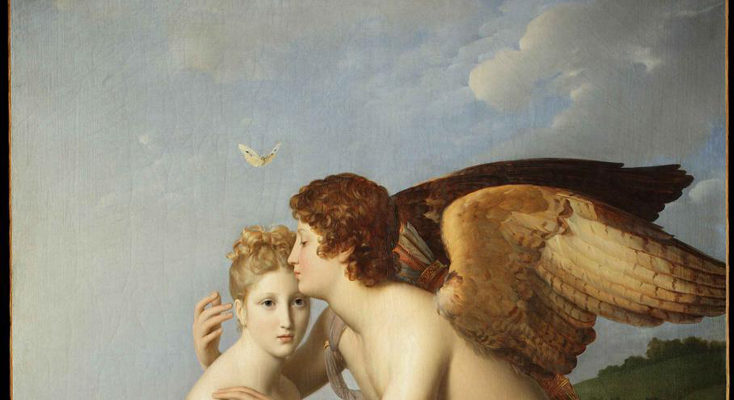





Social Profiles